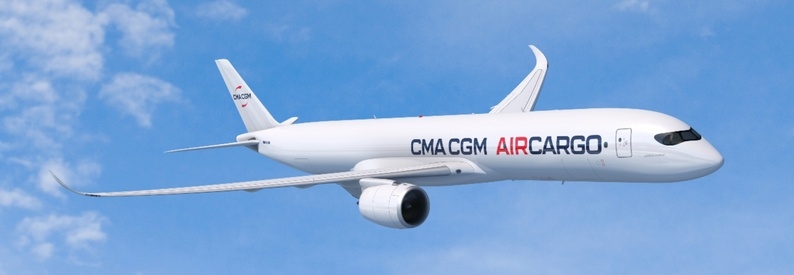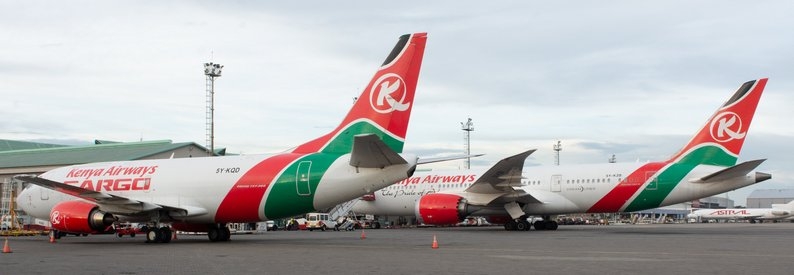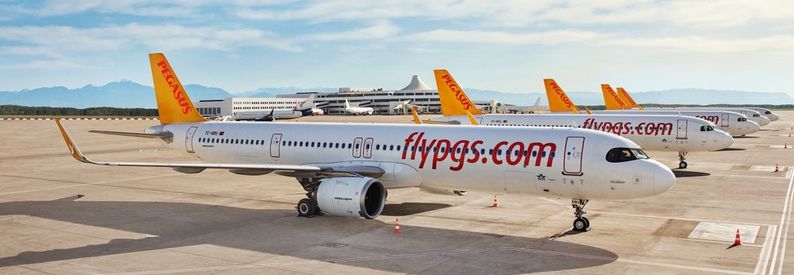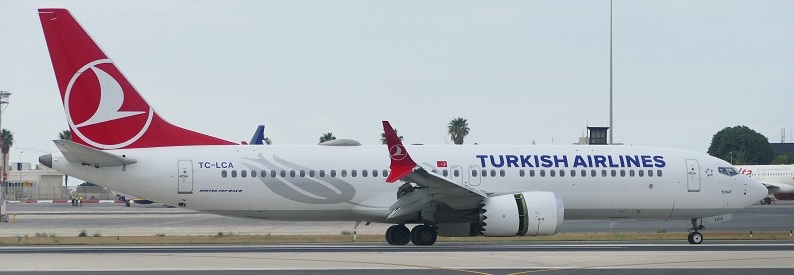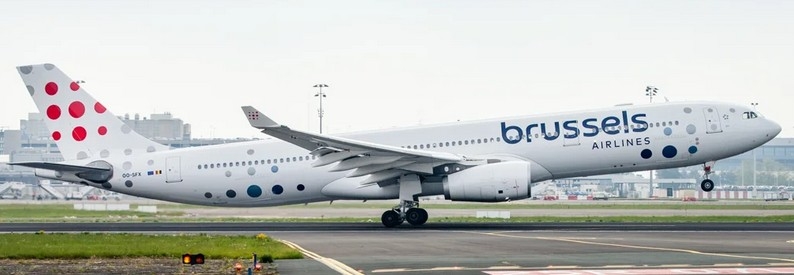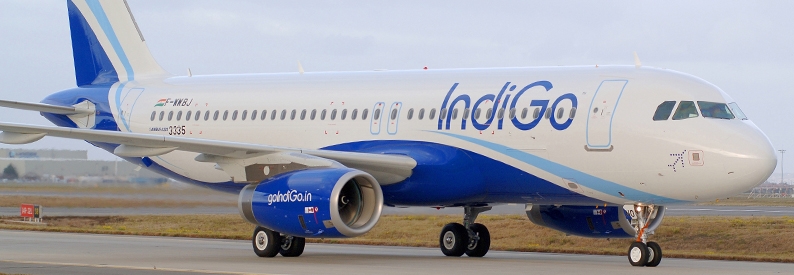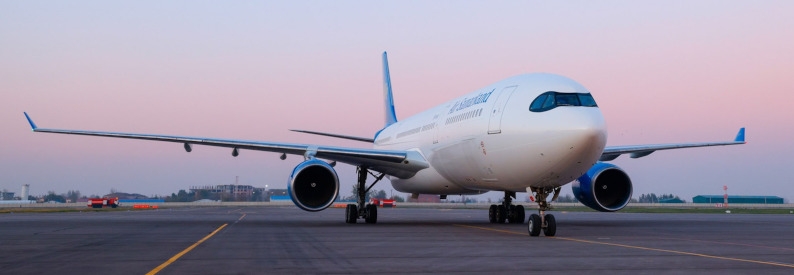Turkish Airlines (TK, Istanbul Airport) has updated its deliveries plan and now expects to take fewer A321-200neo in 2020 while adding more B737-800s.
In its quarterly financial presentation, the Turkish flag carrier said it expects to have thirty A321neo by the end of 2020, down by nine from its June plan. According to the ch-aviation fleets module, it already operates ten such aircraft. A further five are expected to delivery by the end of 2019, with fifteen due to follow in 2020.
Turkish Airlines then expects Airbus to catch up with the previous pace of deliveries in 2021, when the number of inducted A321neo will spike to 29.
The airline has a total of eighty-two A321neo on firm order from Airbus on top of the ten already delivered. All 92 units should be in its fleet by the end of 2023.
In terms of the B737-800s, the airline plans to add an additional four units in 2020, increasing this subfleet to 88 units, up from the current 84. The retirements of the -800s will only start in 2023, when two units are scheduled to leave the fleet.
Given the expected resumption of B737 MAX deliveries and the slow pace of phase-outs, the carrier's narrowbody fleet (including units wet-leased from SunExpress) will grow from 235 units at the end of 2019 to 355 at the end of 2023.
Turkish Airlines has firm orders for ten B737-9s (of which one was delivered before the March grounding of the family) and sixty-five B737-8s (including 11 units which were already delivered). Deliveries of MAX 8s are planned through 2022, while all remaining MAX 9s should be delivered in 2020.
The carrier's fleet plan also reveals that Turkish Airlines plans to cease wet-leasing cargo capacity from 2020 onwards. It currently wet-leases one B747-400(F) from AirACT (9T, Istanbul Atatürk), another from Kalitta Air (K4, Detroit Willow Run), and three A310-300(F)s from ULS Airlines Cargo (GO, Istanbul Airport).

